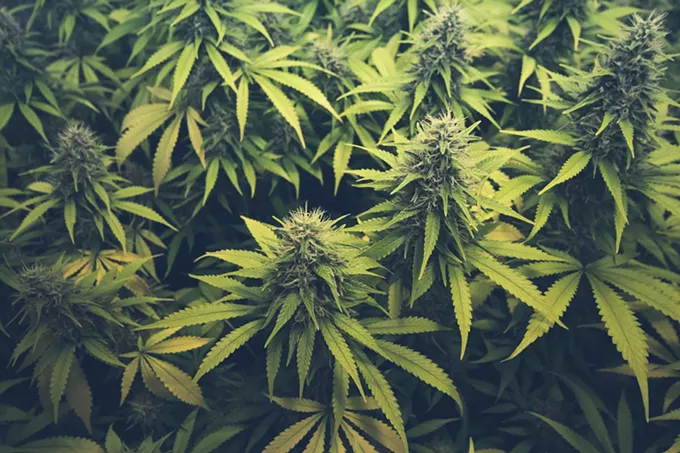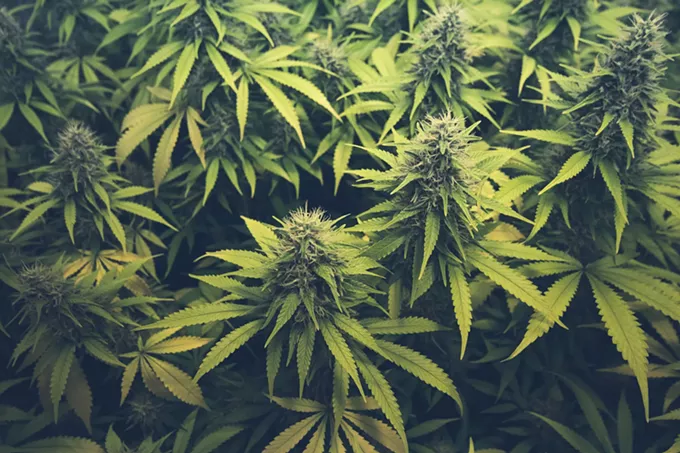The Senate Appropriations Committee voted in favor of the FY26 Agriculture-FDA spending bill on July 10.
Slated to go into effect in 2026, the bill could signal a new era for hemp-derived THC products, which have otherwise been legal since 2018.
The 2018 Farm Bill created a legal loophole for hemp-derived THC products, which has sparked debate among state governments, the cannabis industry and the agricultural sector. Since the bill legalized hemp containing 0.3% or less THC, hemp-derived products quickly gained popularity nationwide. Although they are subject to fewer regulations than traditional cannabis products, intoxicating hemp-derived THC and delta-8 items such as gummies, vapes, tinctures and even flower became available at gas stations, convenience stores and online.
While this bill allowed for financial advances within the hemp industry, cannabis advocates and local governments questioned the disconnect between regulatory practices for two products that produce similar effects. Last March, the Arizona Attorney General Kris Mayes stated that selling intoxicating hemp-derived products without a dispensary license is illegal.
The framework in the FY26 spending bill will provide “$223 million for Agricultural Marketing Services to facilitate the marketing of U.S. agricultural products, both domestically and internationally, support domestic commodity purchase programs to support our agricultural producers, and provide market data to help producers make informed business decisions.”
“The bill also closes the hemp loophole that has resulted in the proliferation of unregulated intoxicating hemp products being sold across the country.”
The Senate Committee approved the bill unanimously, revealing bipartisan support on the subject; along with an intent to tackle the regulation of hemp production at a larger scale. With both the widespread production and availability of hemp-derived THC and delta-8 THC, studies found that these products were becoming increasingly popular amongst teenagers.
In 2024, the National Institute on Drug Abuse found that the use of delta-8 products, in particular, “is higher in states without existing delta-8 regulations or cannabis legalization.”
Because the bill won’t take effect for another year, hemp farmers can finish their current crop cycle. Lawmakers will also need to work through the logistics of new legal regulations.
Advocates for the hemp industry acknowledge the need for regulation in the industry, but fear that the bill could result in a ban on 90% of hemp-derived products
In a statement, Jonathan Miller, general counsel of the U.S. Hemp Roundtable, said, “Sen. McConnell got hemp right in the 2018 Farm Bill, and again today when he said that we need to prohibit dangerous synthetic and copycat products, while keeping all hemp products out of the hands of children.
“However, how that is done matters. The U.S. Hemp Roundtable believes that the best way to do that is through robust regulation, not prohibition. Regulation will protect hemp farmers and the $28 billion economic engine that is the hemp industry while also offering the protections that the Senate is seeking. A blanket ban on more than 90% of hemp consumable products is not the right path.”
While the bill closes the loophole in hemp-derived products, it does not offer a lasting solution to regulation. A ban of a product does ensure that it will not be created, sold or consumed.
(Except for the headline, this story has not been edited by PostX News and is published from a syndicated feed.)


